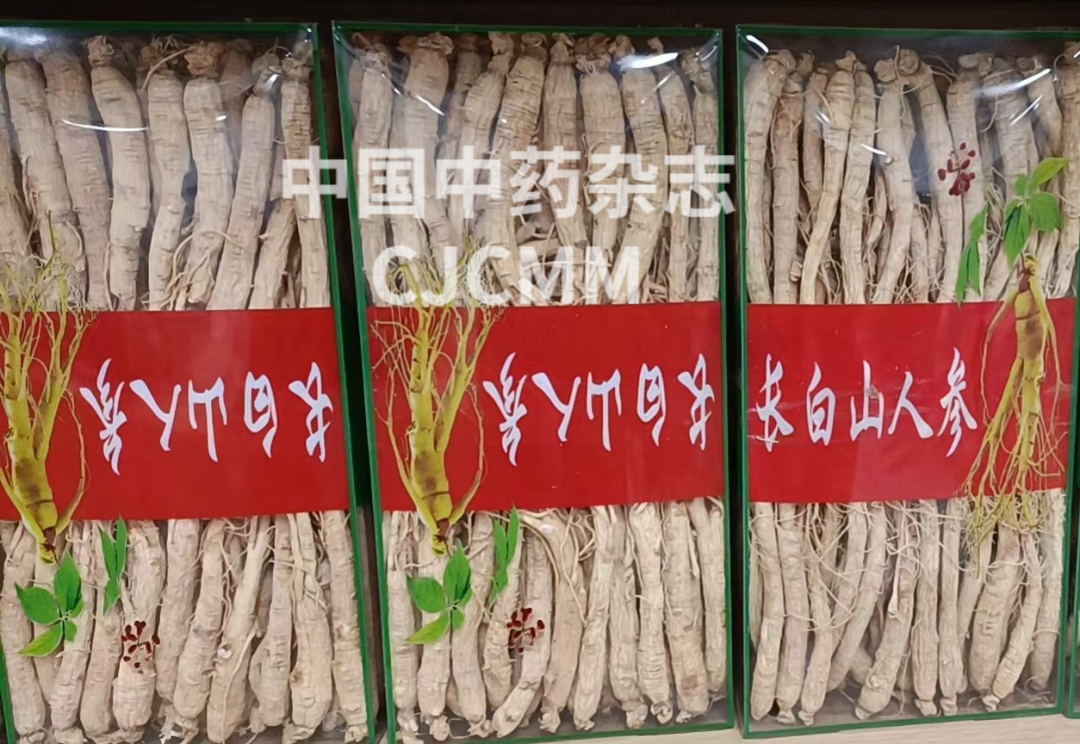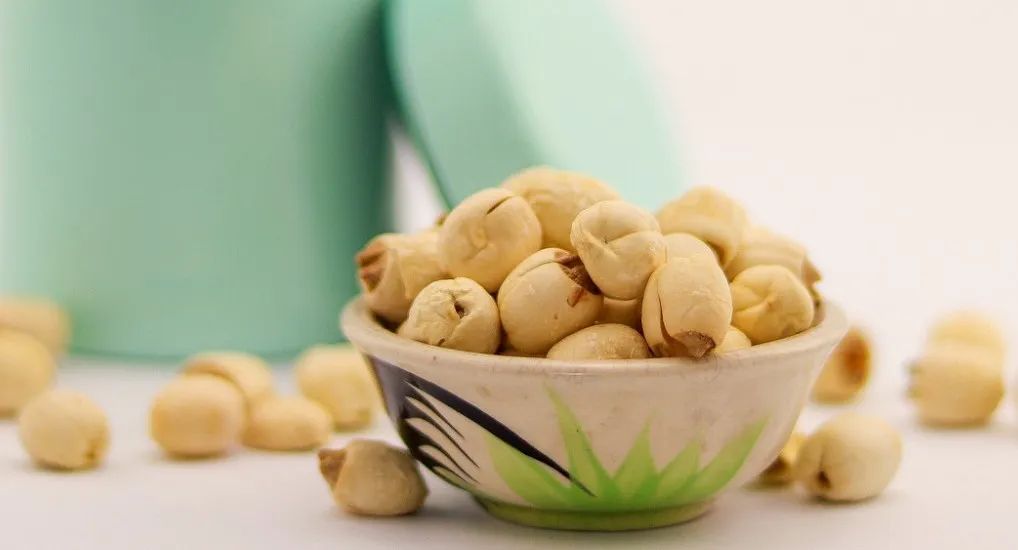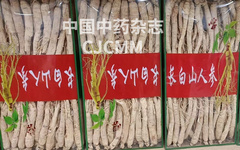
Author | Qing Ren Editor | Chun Feng Reviewed | Xiao Ye
In daily life, many people with poor spleen and stomach function often experience low mood, irritability, and sleep disturbances.
Common symptoms include weak digestion, poor absorption; dizziness, bad breath, and some may experience tinnitus at night; difficulty sleeping, waking early, and vivid dreams.
Traditional Chinese Medicine (TCM) believes that the spleen and stomach are the foundation of postnatal health and are crucial for the generation of Qi and blood. If a person’s spleen and stomach are weak, the body will not generate sufficient Qi and blood, leading to a state of “wasting away,” which can result in numerous diseases. Therefore, nourishing the spleen and stomach is key to treating all illnesses.
There is a food therapy recipe called Buzhen Gao (补真膏), from the book Wan Bing Hui Chun (万病回春), Volume 2. As the name suggests, this formula is designed to greatly nourish vital essence.
The ingredients include 20g of Ren Shen (人参, Ginseng), 50g of Shan Yao (山药, Chinese Yam), 50g of Qian Shi (芡实, Fox Nut), 50g of Lian Rou (莲肉, Lotus Seed), 50g of Da Zao (大枣, Jujube), 50g of Xing Ren (杏仁, Apricot Kernel), 50g of He Tao Ren (核桃肉, Walnut), and 2g of Chen Xiang (沉香, Agarwood).
The original recipe is made into a medicinal paste, which is not suitable for home preparation, so a simpler method is provided.
The preparation method is to crush the above medicinal ingredients into powder, steam them until cooked, and mold them into cakes. They can be consumed with honey water.
Alternatively, the ingredients can be stir-fried, powdered, and stored in a sealed container, to be taken with honey water.
The effects include greatly nourishing vital essence, strengthening the spleen and stomach, and reinforcing kidney health, primarily treating insufficient vital energy, fatigue, lower back and knee weakness, and reduced libido. It can also treat cough, phlegm, and lung and stomach damage.
The recommended dosage is to take several spoonfuls mixed with warm water each morning, and another dose before bed. This formula is designed to replenish vital energy and essence.
What does “greatly nourishing vital essence” mean? In TCM, “Yuan” (元) refers to the most fundamental and essential “root.” The first ingredient, Ren Shen (人参, Ginseng), is a powerful tonic for vital energy, capable of replenishing the Qi of the five organs.
Ren Shen is known for its longevity-promoting effects, earning it the title of “King of Herbs.” Li Shizhen described it as having a root resembling a human form, calling it a divine herb.

Ren Shen greatly replenishes vital energy. TCM holds that vital energy is the most fundamental and important Qi in the body. Insufficient vital energy leads to weakness and fatigue in the limbs, and in symptomatic cases, Ren Shen can be used to tonify.
Greatly nourishing vital energy means providing substantial support to vital energy. Vital energy is the basic and most important Qi, serving as the driving force for life activities.
The Qi that Ren Shen replenishes is broad, primarily the Qi of the spleen and lungs. The composition of vital energy is rooted in the kidneys, originating from congenital essence and supplemented by postnatal essence.
The spleen and stomach are the “roots” of health; if their function is weak, many symptoms can arise.
The spleen governs transformation and transportation, referred to in TCM as the “source of Qi and blood generation.” When it operates normally, it can transform the food and water consumed into energy substances, safeguarding the body’s normal functions.
Ren Shen supplements the Qi of the spleen, providing the energy needed for the spleen and stomach to function effectively.
The primary function of kidney Qi is to promote growth, development, and reproduction, stimulating the physiological activities of various organs and tissues.
In TCM foundational theory, kidney deficiency cannot be treated by simply tonifying the kidneys. If kidney essence is not secured, it is like opening a reservoir gate, causing the water to leak out; even if replenished, it will flow away. If kidney channels are blocked, it is like a river filled with silt, obstructing the flow, and supplementation may have the opposite effect.
Therefore, Ren Shen supplements Qi and secures the essence from the root, providing a continuous source of energy to the kidneys, ensuring internal fullness, and enhancing the ability to tonify kidney essence.
This formula contains two ingredients that serve to secure kidney essence.
The effects of Lian Rou (莲肉, Lotus Seed) include tonifying the spleen, stopping diarrhea, benefiting the kidneys, securing essence, calming the heart, and soothing the spirit. Lotus seeds are highly suitable for nourishing the kidneys and securing essence, improving kidney function. For men, it can alleviate frequent nocturnal emissions, while for women, it can regulate menstrual irregularities, providing significant health benefits.

Lotus seeds also have notable nourishing and health-promoting effects, effectively improving and enhancing the body’s vitality. Consumed cooked, He Tao Ren (核桃肉, Walnut) can tonify the kidneys. From a TCM perspective, walnuts inherently possess kidney-tonifying properties, and their warming effect is enhanced when cooked.
Both ingredients have the ability to secure kidney essence. According to TCM foundational theory, the primary physiological function of the kidneys is to store essence, governing growth, development, and reproduction. Sufficient kidney essence is essential for normal bodily functions.
Another ingredient in the formula with kidney-related effects is Chen Xiang (沉香, Agarwood). The Ben Cao Gang Mu (本草纲目) states it has a “spicy taste, slightly warm, and non-toxic. It has the effects of descending Qi, warming the kidneys, and clearing the liver.”
It has the ability to warm the kidneys, tonify kidney Qi, and secure essence, working in conjunction with Ren Shen, Lian Rou, and He Tao Ren. The warming effect is essential for the promotion of Qi and securing essence, with Chen Xiang acting as a furnace to warm the body, enhancing kidney Qi and securing kidney essence, facilitating the flow of Qi and blood.
TCM posits that the spleen and stomach are the foundation of postnatal health and the source of Qi and blood generation. Therefore, to ensure abundant Qi and blood, one must first nourish the spleen and stomach.
TCM believes that the spleen and stomach are the “foundation of postnatal health.” If one is deficient in “congenital” essence, it can be supplemented through “postnatal” dietary nourishment. We must first have a healthy spleen and stomach to properly transport nutrients and maintain a healthy body.
If the spleen and stomach are weak, with abnormal functions, whether under-supplied or over-supplied, the body’s growth, development, and other life activities will be affected. Thus, strengthening the spleen and nourishing the stomach is key to health preservation.
Among the ingredients that nourish the spleen, Shan Yao (山药, Chinese Yam) is a top choice for food therapy, capable of tonifying deficiency, strengthening the spleen, and benefiting the stomach, serving as a dual-purpose food and medicine.
The enzymes in Shan Yao act like catalysts, assisting the spleen and stomach in transformation and digestion. Another spleen-tonifying herb is Qian Shi (芡实, Fox Nut), also known as Ji Tou Mi (鸡头米). TCM considers Qian Shi to be neutral in nature, sweet and astringent, with effects of securing kidney essence and stopping diarrhea.
Qian Shi “tonifies the spleen” due to its growth in the muddy bottom of rivers, thus absorbing the energy of the earth. This growth characteristic determines that Qian Shi enters the spleen and can tonify it.
In this formula, Xing Ren (杏仁, Apricot Kernel) has a bitter taste, is slightly warm, and enters the lung and large intestine channels, with effects of stopping cough, relieving asthma, and promoting bowel movements.
According to the Ben Cao Gang Mu, Xing Ren has effects of moistening the lungs, descending Qi, dispersing lumps, and relieving accumulation, effectively alleviating cough.
The effects of Da Zao (大枣, Jujube) in the formula include benefiting Qi and nourishing blood, with all the herbs working together to greatly nourish vital essence, strengthen the spleen and stomach, and reinforce kidney health.
In this formula, Ren Shen, Shan Yao, and Da Zao greatly replenish vital energy; Lian Rou, Qian Shi, and He Tao Ren secure kidney essence; Chen Xiang warms the kidneys and regulates Qi; and Xing Ren regulates lung Qi. This formula is generally a mild and balanced tonic, suitable for long-term use to strengthen the body and promote longevity.
Due to the presence of Ren Shen, which has a strong Qi-replenishing effect, younger individuals or those with excess heat conditions should avoid blindly taking Ren Shen or other heat-generating Qi tonics, as this may lead to symptoms such as blood heat, internal fire, anxiety, dizziness, and eye pain.
Taking Ren Shen during a cold or fever may exacerbate the condition.
Even elderly or weak individuals may experience adverse reactions if inappropriate tonics are used, as “deficiency cannot withstand tonics,” leading to a worsening of their condition, which is not conducive to recovery and may even worsen their health.
The concept of dietary health preservation involves adjusting one’s diet according to TCM principles, paying attention to dietary dos and don’ts, and reasonably consuming food to enhance health and promote longevity.
The goal of dietary health preservation is to reasonably and moderately supplement nutrition to benefit vital essence, and through dietary adjustments, correct imbalances in the Yin and Yang of the organs, thereby enhancing overall health and combating aging.
In comparison, “food therapy” can more effectively and safely nourish the body. Additionally, when choosing between “food therapy” and “medicinal therapy” for adjustment, one should master the correct differentiation methods.
First, one should prioritize “food therapy” before “medicinal therapy”; if “food therapy” is ineffective, then “medicinal therapy” may be considered. Secondly, for different conditions, the principle of “differentiated treatment” should be followed, combining food and medicine for targeted application to achieve safe and effective nourishing effects.

The content of this article is for reference only; non-professionals in TCM should not attempt to self-medicate.Original submission/Business cooperation: [email protected] (email), chunfeng52566 (WeChat);

